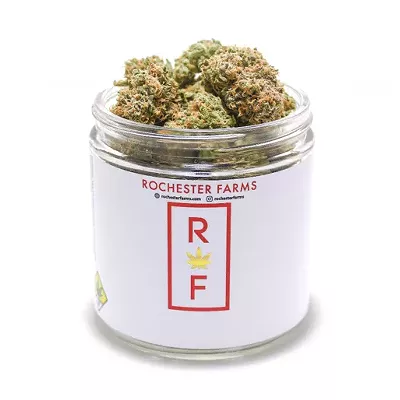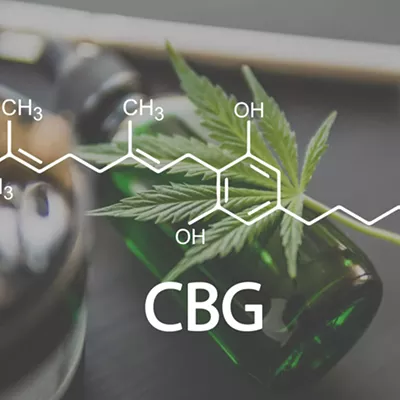Numbers are the name of the game when it comes to cannabis.
Go to any dispensary and on the labels you'll see, first and foremost, a percentage of THC. The thing is, THC, or Delta-9-tetrahydrocannabinol as it is scientifically known, is far from the only chemical in cannabis. It is just one of numerous chemicals known as cannabinoids found in cannabis.
Others, like the supermarket-friendly CBD, are somewhat well known. They can provide potential health benefits without producing the high of THC. Others, like CBG, aren't as well known.
This alphabet soup may be confusing, but science continues to find benefits from these three-letter cannabinoids that are worth consuming. The problem for consumers is that the science itself is kind of hard to consume.
A new study from Washington State University researcher Carrie Cuttler looks specifically into CBG's potential to reduce anxiety. It also highlights how little we know about the potential good or harm that can come from cannabis.
"CBG is becoming increasingly popular, with more producers making bold, unsubstantiated claims about its effects," Cuttler told WSU Insider. "Our study is one of the first to provide evidence supporting some of these claims, helping to inform both consumers and the scientific community."
Cuttler's double-blind, placebo-controlled study found participants reported reduced levels of anxiety after consuming CBG. The research is another stepping stone on the path to understanding the potential benefits of cannabis.
To some, cannabis is a panacea. Ask them, and they'll tell you it can cure anything that ails you. To others, like the United States federal government, cannabis has no medical value whatsoever.
We're slowly learning that the truth falls somewhere in between.
"We need to avoid claims that CBG is a miracle drug. It's new and exciting, but replication and further research are crucial," Cuttler told WSU Insider. "Ongoing and future studies will help build a comprehensive understanding of CBG's benefits and safety, potentially offering a new avenue for reducing feelings of anxiety and stress without the intoxicating effects of THC."
This research is another step toward understanding cannabis as a potential therapeutic option, but there remains a long, uncharted path ahead.
As of now, cannabis presents a great opportunity. Researchers will continue to seek answers about its potential. All we can say definitively is that it falls somewhere between panacea and problem.




















